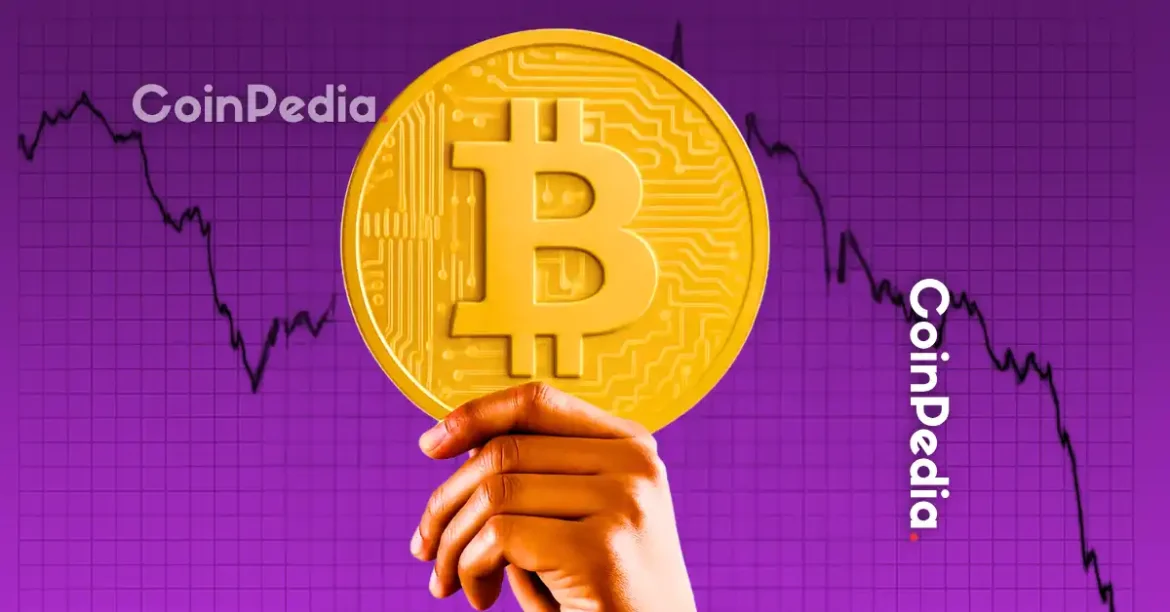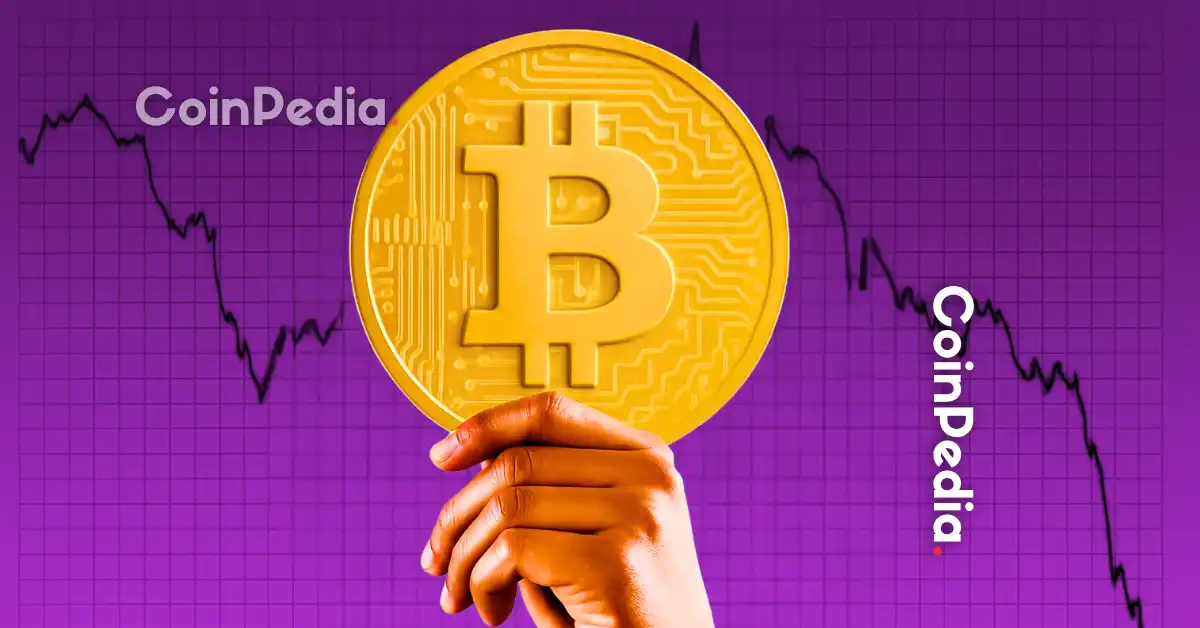Decoding the Bitcoin Rally: Who’s Really Driving the Market?
Introduction: Beyond the Noise
Bitcoin’s latest price surge has captured global attention, but this rally is different from previous ones. While headlines often focus on retail investor frenzy or speculative bubbles, the current market dynamics tell a more nuanced story. Institutional adoption, macroeconomic factors, and evolving investor behavior are reshaping Bitcoin’s trajectory. Understanding these forces provides crucial insights into whether this rally represents a sustainable shift or another fleeting moment in cryptocurrency’s volatile history.
The Institutional Revolution
Corporate Treasury Adoption
Corporate treasuries are increasingly allocating portions of their reserves to Bitcoin. Companies like MicroStrategy have made headlines with their substantial Bitcoin holdings, treating the cryptocurrency as a strategic asset rather than a speculative bet. This trend reflects a growing recognition of Bitcoin’s potential as a store of value and hedge against inflation.
Institutional Investment Vehicles
The approval of Bitcoin ETFs has been a game-changer, providing regulated access to Bitcoin for institutional investors. These financial products have attracted significant capital inflows, contributing to the rally. The ETFs’ success underscores the demand for institutional-grade Bitcoin exposure, further legitimizing the asset class.
Hedge Funds and Asset Managers
Hedge funds and traditional asset managers are also increasing their Bitcoin allocations. Many now view Bitcoin as a portfolio diversifier with low correlation to traditional assets. This institutional embrace has brought greater liquidity and stability to the Bitcoin market, reducing volatility and attracting more participants.
Macroeconomic Tailwinds
Inflation Hedge Narrative
Bitcoin’s fixed supply of 21 million coins makes it an attractive hedge against inflation, particularly as central banks worldwide implement expansionary monetary policies. Investors concerned about currency devaluation are turning to Bitcoin as a store of value, similar to gold but with digital advantages.
Geopolitical Uncertainty
Geopolitical tensions and economic instability have increased demand for assets perceived as independent of national borders. Bitcoin’s decentralized nature and global accessibility make it an appealing option for investors seeking to hedge against geopolitical risks.
Debt and Fiscal Policy Concerns
The escalating levels of global debt and expansionary fiscal policies have raised concerns about long-term economic stability. Bitcoin’s scarcity and decentralized nature offer an alternative to traditional financial systems, attracting investors wary of sovereign debt risks.
The Role of Long-Term Holders
The “Hodl” Mentality
Long-term Bitcoin holders, or “hodlers,” play a crucial role in the market. Their unwavering belief in Bitcoin’s long-term potential reduces selling pressure and contributes to price stability. These holders often accumulate Bitcoin during market downturns, reinforcing the asset’s resilience.
Reduced Supply
Long-term holders effectively remove a significant portion of the Bitcoin supply from circulation. This reduced supply makes Bitcoin more susceptible to price increases when demand rises, contributing to the current rally.
Advocacy and Education
Many long-term holders are active advocates for Bitcoin, educating others about its potential and promoting its adoption. This grassroots support plays a vital role in expanding Bitcoin’s reach and influence, further driving demand.
Retail Investor Evolution
Informed Participation
Retail investors are becoming more sophisticated, conducting their own research and making more informed investment decisions. This shift reflects a maturing market where retail participants are increasingly aware of Bitcoin’s long-term potential.
Indirect Exposure
Some retail investors are gaining exposure to Bitcoin indirectly through publicly traded companies with significant Bitcoin holdings. This approach allows them to benefit from Bitcoin’s price appreciation without directly holding the cryptocurrency.
Gradual Selling
Following Bitcoin’s climb above certain thresholds, some retail investors have begun gradually selling Bitcoin and instead purchasing shares of companies with substantial Bitcoin holdings. This behavior reflects a strategic approach to gaining exposure to Bitcoin’s price movements.
Market Dynamics and Future Outlook
The Four-Year Cycle Debate
The traditional four-year cycle theory suggests that Bitcoin’s price movements are closely tied to halving events, which reduce the rate of new Bitcoin creation. While the current rally aligns with this historical pattern, increased institutional participation and macroeconomic factors may alter the dynamics of future cycles.
Altcoin Performance
Historically, altcoins have often rallied during the summer months, with money flowing back to Bitcoin later in the year. Monitoring altcoin performance can provide insights into the overall health of the cryptocurrency market and potential shifts in capital allocation.
Potential Correction
Despite the current bullish sentiment, the Bitcoin market is inherently volatile and prone to corrections. Some analysts believe that Bitcoin may experience a significant downturn before continuing its upward trajectory. Investors should be prepared for potential price fluctuations and manage their risk accordingly.
Conclusion: A New Chapter for Bitcoin
Bitcoin’s latest rally is not merely a repeat of past speculative bubbles. It reflects a fundamental shift in the perception and adoption of cryptocurrency. The confluence of macroeconomic anxieties, institutional adoption, and the unwavering commitment of long-term holders is creating a powerful tailwind for Bitcoin. Whether this rally marks the beginning of a new era for Bitcoin remains to be seen, but one thing is clear: Bitcoin’s journey is far from over, and its future promises to be as unpredictable and captivating as its past. As the market evolves, understanding these dynamics will be crucial for investors navigating the complex and ever-changing landscape of cryptocurrency.





